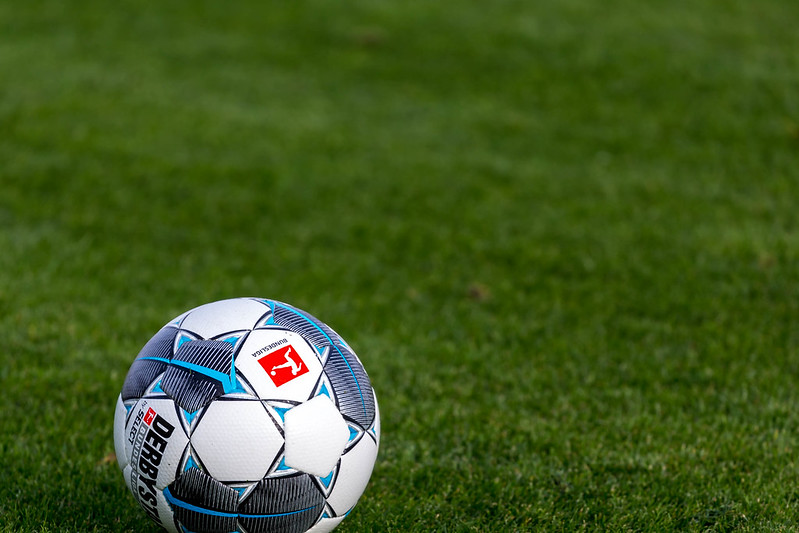Bundesliga
German teams went hunting for soccer fans. Why should the Bundesliga work harder to build its reputation in the US?
The Bundesliga is very popular in the United States. Among sports fans, the Bundesliga even ranks comparably to the English Premier League in the US, while far surpassing Italy’s Serie A and France’s Ligue 1.

The Bundesliga is very popular in the United States. Among sports fans, the Bundesliga even ranks comparably to the English Premier League in the U.S., while highly outperforming Italy’s Serie A and France’s Ligue 1. Therefore, it would be suggested that German clubs should precede their fans overseas. However, in the summer before the current season, only Bayern Munich made the trip to the States from the top league clubs. The others rectified their transgression over the winter break.
An interesting finding was made by Altman Solon‘s 2020 survey. They surveyed sports fans to find out what their interest in each league was. And while it turned out that in Europe there is almost negligible interest in the leading American sports competitions (MLS, NBA, NFL, NHL, MLB), it turned out that the leading European football competitions arouse a relatively high interest among sports fans in the US.
More surprisingly for some, the league with the highest declared interest among US fans was not the English Premier League, but the German Bundesliga. In the specific language of numbers, 22% of US sports fans surveyed declared their interest in the Bundesliga, 20% claimed the same for the Premier League, followed by 17% for LaLiga, 15% for Ligue 1 and just 13% for Serie A.
This looks very optimistic for the German top competition. However, a closer look reveals that only 7% of respondents said they actively follow the Bundesliga, while the remaining 15% ticked the ‘interested’ box. This should be a clear signal to the DFB that it must not rest on its laurels and must actively build its brand in the ever-growing US market.
That hasn’t been happening much lately. For example, before the start of the current season, when clubs could hardly make excuses for the complications caused by the pandemic, only Bayern Munich went on tour to the USA.
This sparked considerable debate and pressure from not only Bayern officials, but also the DFB, the German Football Association, and the DFL, the organiser of Germany’s top two leagues, for other clubs to start working with the potential of the US market.
They have clearly taken this to heart and over the winter break, four Bundesliga clubs headed to the US. Going to grab some of the growing interest in soccer ahead of the 2026 World Cup was Hertha BSC, led by their new sporting director Fredi Bobic. He has long been a proponent of brand building in the US market.
That’s also why he previously took his previous club, Eintracht Frankfurt, there. For Hertha, whose officials have been saying for years that they would like to become an internationally renowned club, hiring a former German international with Croatian-Slovenian roots is therefore an ideal move. To paraphrase Bobić himself, “We need to actually work on it, not just talk about it.”
Bayer Leverkusen, 1. FC Cologne and VfB Stuttgart also got down to business, alongside Hertha, who not only flew out for a tour but also held an entire training camp in Florida. Bayer packed up Adam Hložek and Florian Wirtz, returning from his convalescence, and headed to Missouri, where, in addition to the accompanying programme, they also played a friendly against local side St. Louis. In addition, Cologne and Stuttgart flew to Texas to build new acquaintances.
The effort to establish mutual cooperation and reach out to a new market is not only limited to first league clubs. Hamburg SV, long a 2. Bundesliga side, was the highlight of one of California’s beer festivals. Or rather, their mutual friendly with Orange County, a local second division (USL – The United Soccer League) team.
If the DFL wants to increase the number of regular fans in front of screens overseas every Saturday morning local time, and if the clubs want to discover and nurture the next Christian Pulisic and Westony McKennie, the sound names of both 1. and 2. Bundesliga make similar trips a rule.
Sources: Bundesliga, Altman Solon










